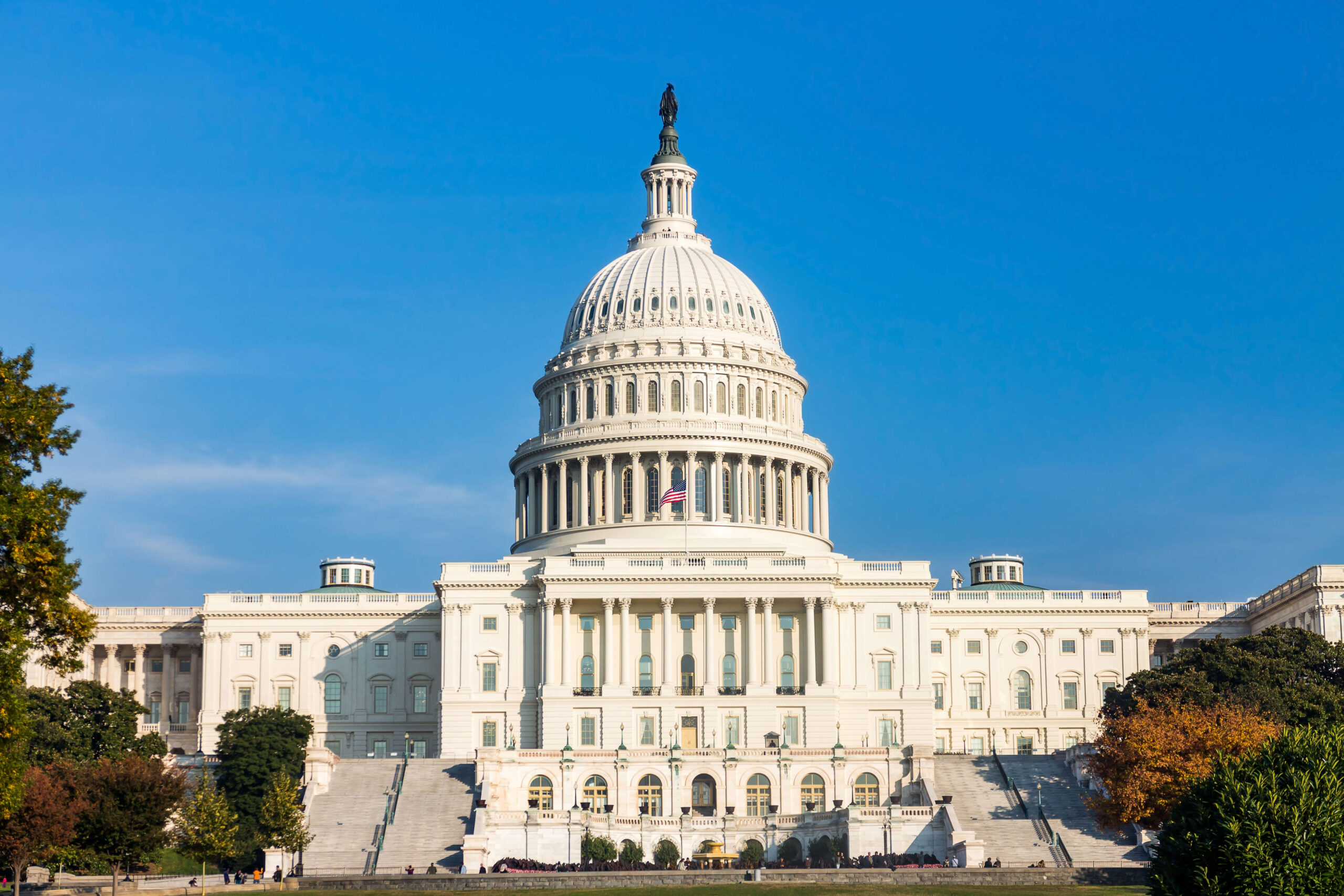Congressional Update. It was another busy week on Capitol Hill. The U.S. Senate was, of course, preoccupied with the historic second impeachment trial of former president Donald Trump. In the U.S. House of Representatives, meanwhile, committees began working on their respective pieces of the reconciliation budget relief package. The House Committee on Education and Labor advanced its portion of the package, which includes a phased-in increase of the minimum wage to $15 per hour (and elimination of the tip credit) but does not include an extension and expansion of the paid leave provisions of the Families First Coronavirus Response Act (FFCRA). Of course, there are still many hoops and hurdles to jump through and surmount before any of this becomes final.
Personnel Moves. There was a lot of news on the personnel front this week as the Biden administration continued to assemble its team. A few examples follow.
- Walsh nomination advances. On February 11, 2021, the U.S. Senate Committee on Health, Education, Labor and Pensions voted 18–4 to advance the nomination of Boston Mayor Martin Walsh to be secretary of labor. Next stop for Walsh’s nomination is a vote on the Senate floor.
- Labor deputy nominee announced. President Joe Biden announced this week that he would nominate Julie Su to be deputy secretary of labor—the number two position at the U.S. Department of Labor (DOL). Su is currently secretary of the California Labor and Workforce Development Agency.
- Top DOL attorney returns. Janet Herold, DOL’s western region solicitor was reinstated to her position after having been removed in early January 2021 as a result of a power struggle with the previous administration. Employers in the region may want to take Herold’s reappointment as a sign of increased enforcement action to come.
- Pamela Karlan at DOJ. Law professor Pamela Karlan will join the U.S. Department of Justice (DOJ) as principal deputy assistant attorney general in the DOJ’s Civil Rights Division. It’s a repeat performance of sorts for Karlan, who served in the Civil Rights Division during the administration of former president Barack Obama. Karlan has played pivotal roles in advancing LGBTQ rights before the Supreme Court of the United States, including representing workers in a trio of 2020 rulings holding that Title VII of the Civil Rights Act of 1964 protects sexual orientation and gender identity.
- Sunstein at DHS. Law professor Cass Sunstein, who previously served as the administrator of the Office of Information and Regulatory Affairs during the Obama administration, will join the U.S. Department of Homeland Security (DHS) to help oversee the agency’s immigration agenda. Sunstein’s role will likely be to ensure that proper administrative processes are followed as the Biden administration dismantles Trump-era immigration policies and replaces them.
Pay Equity Legislation Returns. The Paycheck Fairness Act (PFA), a bill that previously passed the U.S. House of Representatives in March 2019 but stalled in the U.S. Senate, has been reintroduced in the 117th Congress. Among provisions designed to address gender-based wage discrimination and the gender pay gap, the PFA would
- amend the Equal Pay Act of 1963 by replacing the “factor other than sex” defense with a “bona fide factor” defense that must be “job-related” and “consistent with business necessity”;
- provide for uncapped compensatory and punitive damages;
- require the U.S. Equal Employment Opportunity Commission and the Office of Federal Contract Compliance Programs to develop mechanisms for the collection of employee compensation data from employers;
- enact prohibitions on the use of, or inquiry into, applicants’ pay histories; and
- expand the size of collective actions.
The legislation would also authorize a grant program “to carry out negotiation skills training programs for the purposes of addressing pay disparities, including through outreach to women and girls” and establish a national award for pay equity in the workplace. There are 224 cosponsors of the bill in the House of Representatives.
NLRB GC Hearts Scabby. Acting National Labor Relations Board (NLRB) General Counsel Peter Sung Ohr continues to take steps to undo his predecessor’s legacy. This week, Ohr filed motions asking the Board to return to regional directors two cases that address whether gigantic inflatable rats violate the secondary activity provisions of the National Labor Relations Act (NLRA). (Ohr argues that the display of inflatable rats does not violate the NLRA.) In one of the cases, the Board solicited amicus briefs from stakeholders, and that case is still pending before the Board. The Board currently has three Republican members, all of whom signed off on the solicitation of public feedback.
RIP, George Shultz. George Shultz passed away on February 6, 2021, at age 100. A World War II veteran who later earned a Ph.D. in industrial economics, Shultz was a fixture in Republican politics for decades, beginning in 1955 when he served on President Dwight Eisenhower’s Council of Economic Advisors. Shultz subsequently served stints as secretary of labor, director of the Office of Management and Budget, and Treasury secretary under former president Richard Nixon. He later served as secretary of state for seven years under former president Ronald Reagan. Shultz was one of only two people to hold four separate cabinet positions (the other being Elliot Richardson, who served as secretary of health, education, and welfare; secretary of defense; attorney general; and secretary of commerce in the 1970s, and who famously resigned as attorney general after refusing to fire Watergate Special Prosecutor Archibald Cox).
Just weeks before his death, Shultz wrote the following:
“Trust is fundamental, reciprocal and, ideally, pervasive. If it is present, anything is possible. If it is absent, nothing is possible. The best leaders trust their followers with the truth, and you know what happens as a result? Their followers trust them back. With that bond, they can do big, hard things together, changing the world for the better.”





